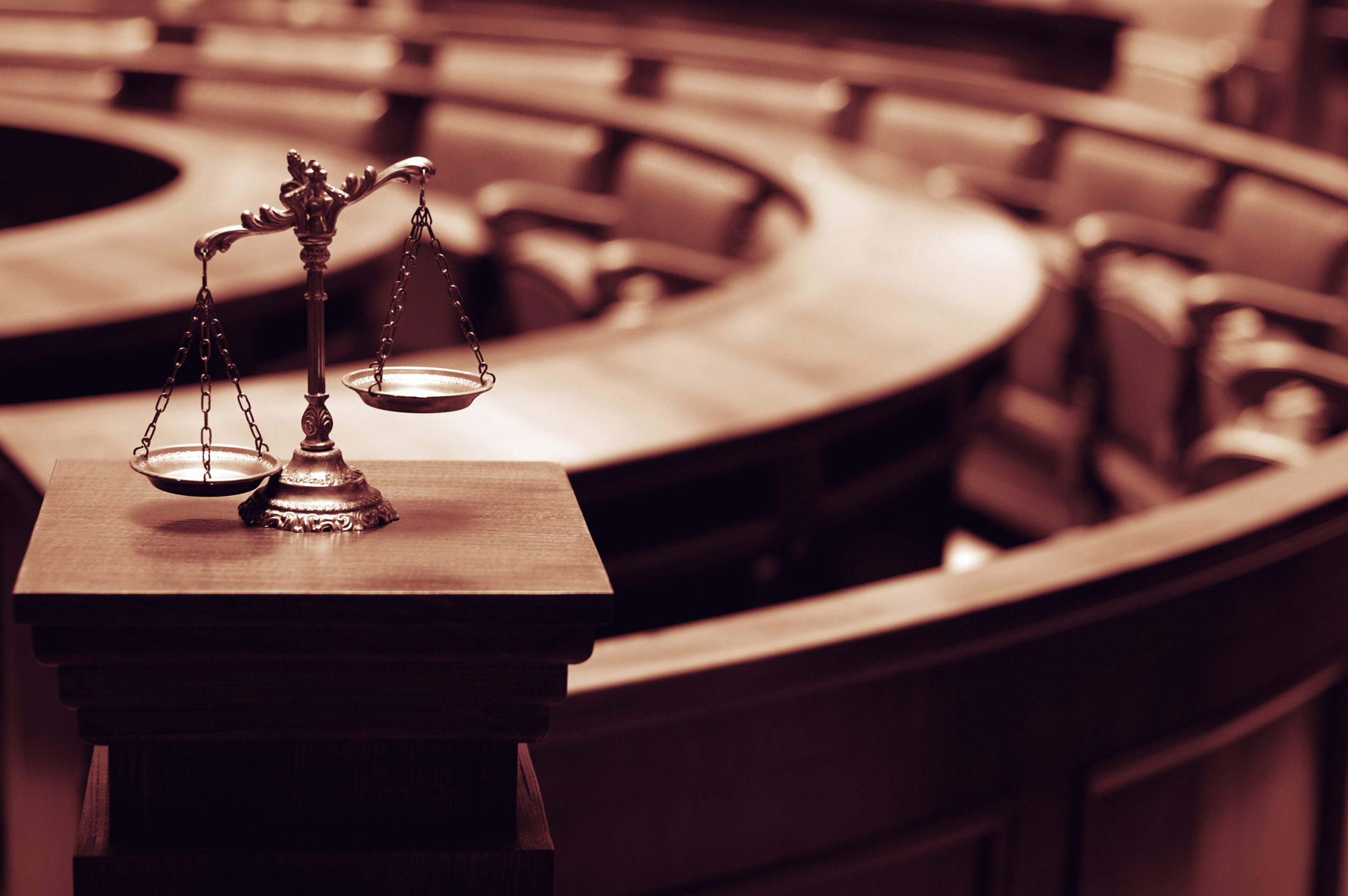Home » Practice Areas » Breach of Fiduciary Duty


A fiduciary is a person or organization that acts on behalf of another person or persons and who must act in the best interests of those person or persons. When fiduciaries use powers over probate or trust assets for personal gain or otherwise fails to properly manage those assets, people might be at a loss to figure out what their options are for how to obtain what they believe is rightfully theirs.
Fiduciaries have a duty to avoid any conflicts of interest between themselves and their principals or between the principals and any of the fiduciary’s own clients, but often that is not the case.
Trustees, executors, directors, and officers are fiduciaries. Breaches of the fiduciary duties owed occur when a fiduciary engages in self-dealing, buys or sells property wherein there is a conflict of interest, fails to prudently invest assets, or damages the property being held by the fiduciary.

A breach of fiduciary duty can take many forms. Some of these require examination of fiduciary accounts from experienced counselors who are familiar with this type of investigation and examination. Fiduciary relationships can include but are not limited to:
Some common examples of a fiduciary breaching a fiduciary duty include a trustee selling trust assets to a relative or customer of the trustee; an executor of an estate paying him or herself for services to the heirs for a higher than agreed upon rate; or, a director or officer making a business decision that benefits him or herself, but harms the company.
Our team of experienced litigators have experience from coast to coast in high-stakes precedential litigation, including Baker v. General Motors, which we took to the U.S. Supreme Court and won. Law firms across the country work with us as co-counsel on cases that require sophisticated investigation and working with experts whose reputations in their respective fields are at the very top.
We can evaluate a fiduciary’s actions and can determine whether or not a breach occurred. And we love working with co-counsel across the country and are happy to have a free no-obligation consultation with anyone, as to whether a potential violation may have occurred.
A third-party defendant can be held jointly and severally liable for knowing participation in another’s breach of fiduciary duty. This can be the case even if the third party doesn’t owe its own fiduciary duty to the plaintiff.
A fiduciary can sometimes be held personally liable if they violate their duty. For example, if a trustee breaches his or her fiduciary duty owed, s/he can be held personally liable for the resulting damages.
Co-fiduciaries can result from having joint trustees or joint executors, meaning the duty and any resulting liability is joint and several. If one or both of these two co-fiduciaries breach their obligations resulting in harm to the beneficiary, each can be individually liable for the entire sum of damages.

When it matters, we'll be there.
"*" indicates required fields

